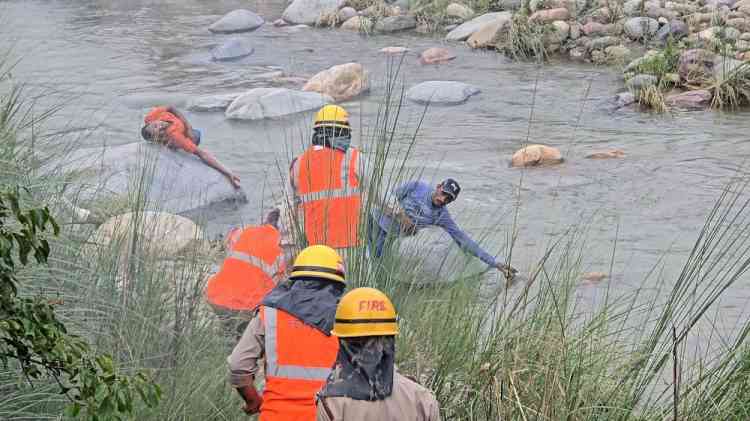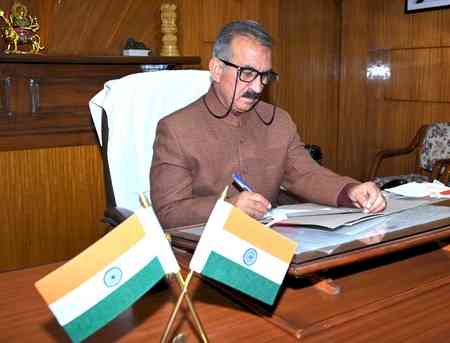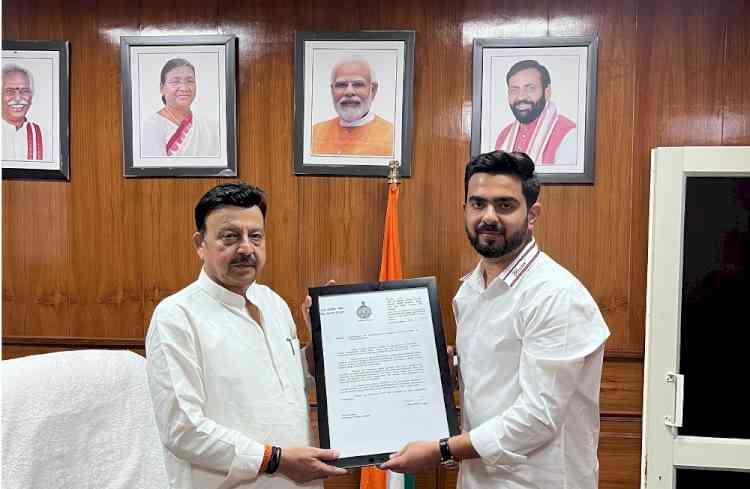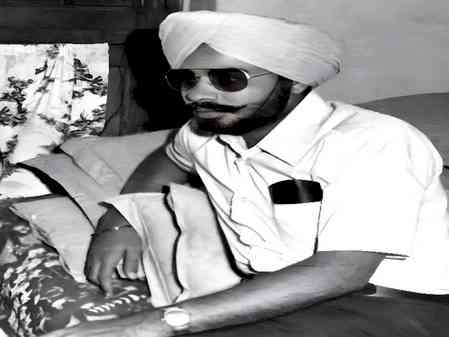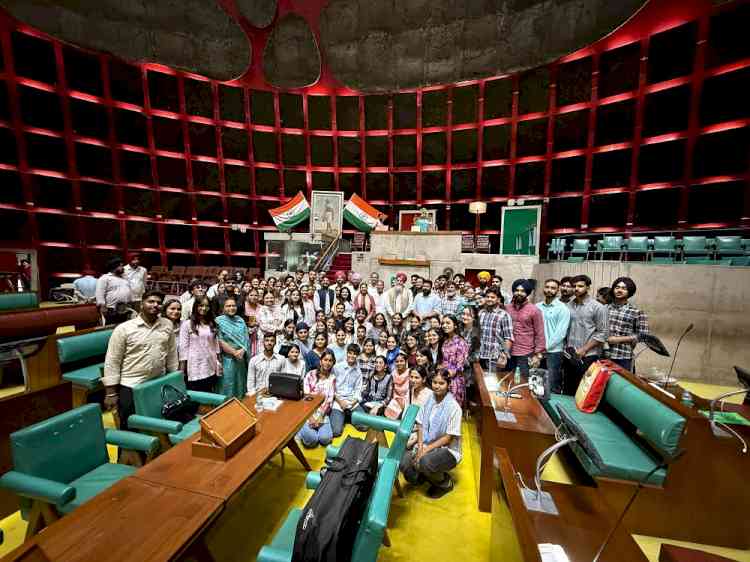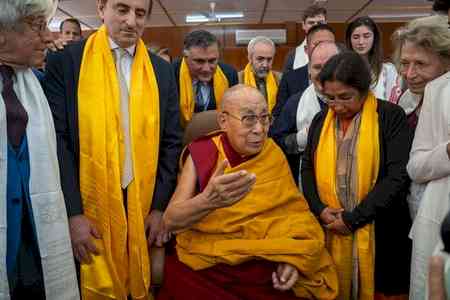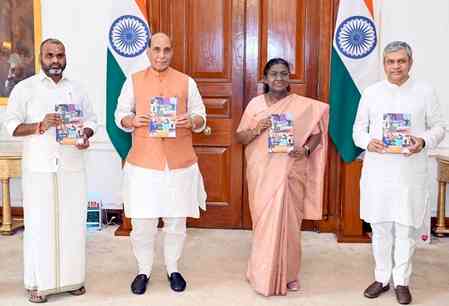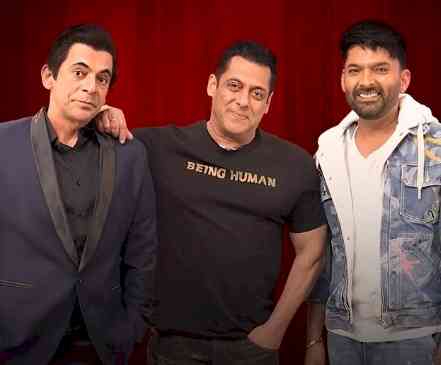Shanta Kumar hails `One Nation, One Election’ as a revolutionary step
Former Chief Minister and Union Minister Shanta Kumar has praised the Government of India’s decision to implement the 'One Nation, One Election' policy, calling it a "historic and revolutionary" move. He attributed the bold step to Prime Minister Narendra Modi’s leadership, stating that just as the abrogation of Article 370 once seemed impossible, this decision too showcases Modi's determination to make far-reaching changes.
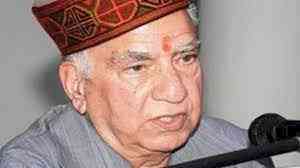
Dharamshala, September 19, 2024: Former Chief Minister and Union Minister Shanta Kumar has praised the Government of India’s decision to implement the 'One Nation, One Election' policy, calling it a "historic and revolutionary" move. He attributed the bold step to Prime Minister Narendra Modi’s leadership, stating that just as the abrogation of Article 370 once seemed impossible, this decision too showcases Modi's determination to make far-reaching changes.
In a press release here today, Shanta Kumar highlighted that the frequent elections across the country had transformed Indian democracy into a system primarily focused on elections. "The nation was perpetually in election mode, which was detrimental to development," he said. By consolidating elections, the government projects a saving of approximately Rs 6,000 crore. While Rs 10,000 crore were previously spent on frequent elections, a single election every five years is expected to cost only Rs 4,000 crore. Kumar added that this figure represents only the government’s expenditure, while political parties and candidates collectively spend far more—running into hundreds of thousands of crores.
He also criticised the use of black money in election campaigns, stating that every election had become a tool for corruption. "Some leaders who benefited from these practices will certainly be unhappy with this decision," he remarked.
Drawing attention to broader socio-economic challenges, Shanta Kumar referenced a Transparency International report, noting the irony of excessive election spending in a country where 200 million people go to bed hungry each night and where poverty and unemployment have driven thousands of young people to desperation, including suicide. He called the previous system of repeated elections "political foolishness" in such a context.
The former Chief Minister emphasised that holding elections once every five years would allow the government to shift its focus entirely to development for the rest of the term, rather than constantly preparing for the next election. "This decision will enable the country to prioritize progress and growth, uninterrupted by frequent electoral cycles," he concluded


 Arvind Sharma
Arvind Sharma 
